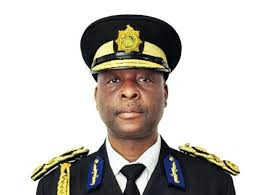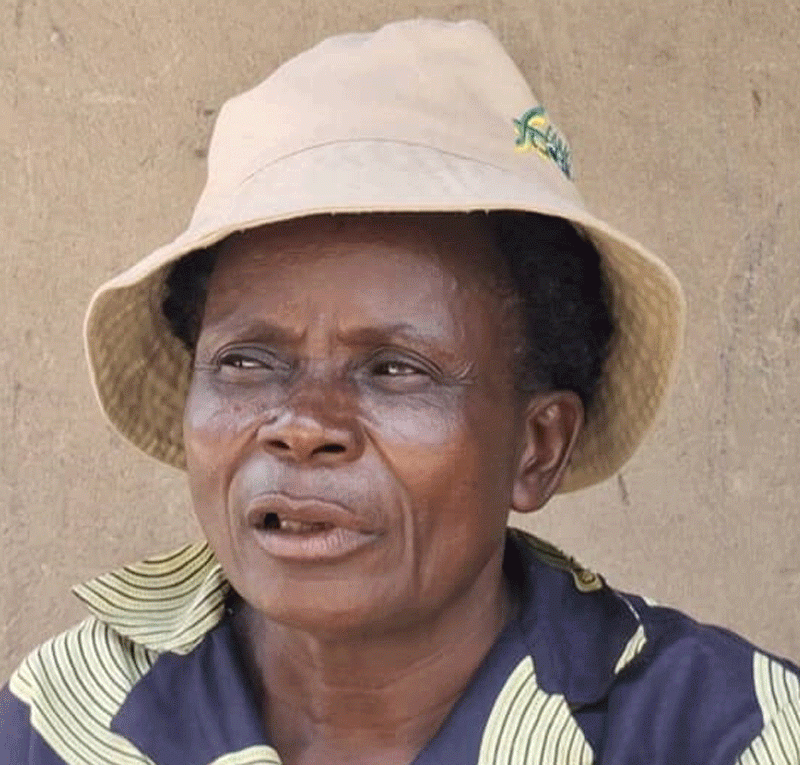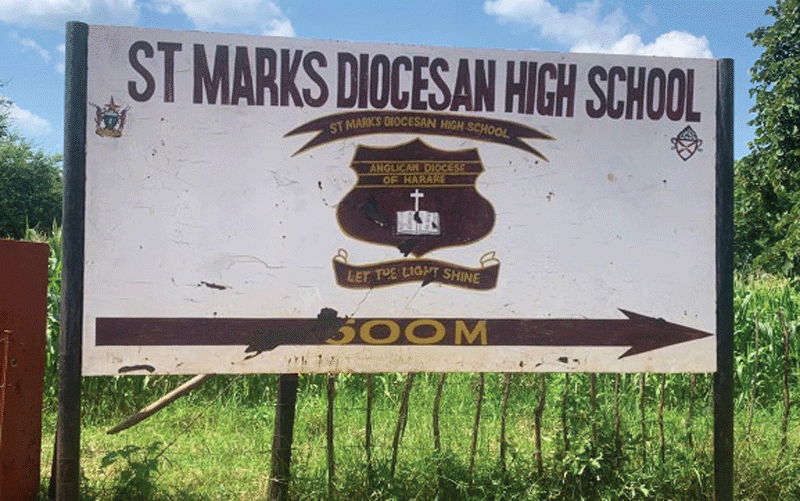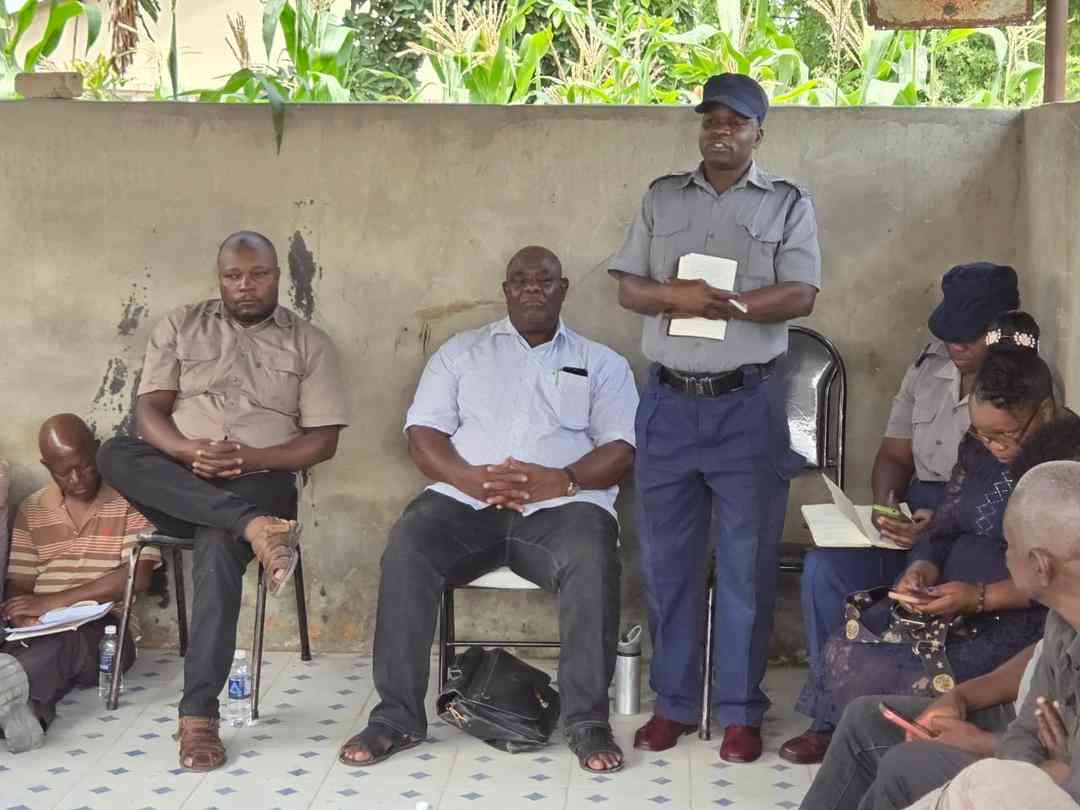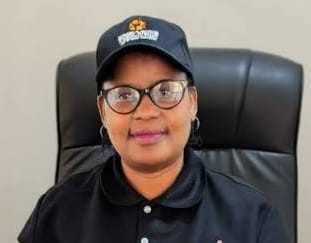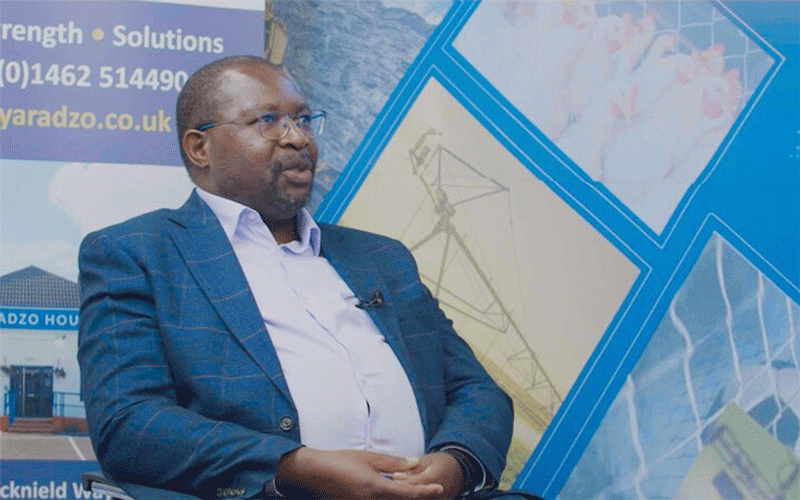
United Kingdom-based lawyer Andrew Nyamayaro says he had to resort to doing menial jobs when he migrated from Zimbabwe in a story that will resonate with many in the diaspora.
Nyamayaro (AN), who is the director and principal solicitor for TANN Law Solicitors, told his story when he appeared on the platform In Conversation with Trevor UK Series hosted by Alpha Media Holdings chairman Trevor Ncube (TN).
Below are excerpts from the conversation.
TN: Today, I'm in conversation with Andrew Nyamayaro, the director and principal solicitor for TANN Law Solicitors. You’re watching the UK series brought to you in partnership with the Nyaradzo Group. My brother, Andrew Nyamayaro, welcome to In Conversation with Trevor.
AN: Thank you so much for having me, it's an honour.
TN: It's an absolute pleasure to have you here. I'm really excited, genuinely excited to be talking to you because of what your life story contains.
I'm going to start at a place where you have come to the UK thinking that the grass is greener than where you are coming from and you find yourself working in warehouses, retail outlets driving vans and being a cleaner.
Take us to that place and what it meant?
- It wasn’t easy settling in the UK, says lawyer
Keep Reading
AN: So when I came to the United Kingdom, that was a long while ago in 2002, I came to join my wife.
My wife was here to study nursing at Coventry University and by that time I was already a lawyer in Zimbabwe practising and I might have got a certificate of good standing to come and become a lawyer in the UK.
So when I came I just thought it's going to be an easy thing to convert as I'm a lawyer who was already practising.
I had done four years at university. So when I came, I thought I would just do the exams and then just become a lawyer in the UK, but things didn't go that way.
So when I came because we had bills and we had to leave, I had to do some work because my wife was a student and surviving on student income.
So the first work that I did was to work in a warehouse and it was a chill cold room where we were picking and packing food items that were going to one of the big retail outlets here in the UK so I worked.
TN: So this is a lawyer who has worked, how many years did you work in Zimbabwe?
Three years as a lawyer, you are a graduate and you have got a degree, but you find yourself packing… What were you packing by the way?
AN: So my first job was in a warehouse where it was a chilled room, actually a cold room warehouse where we were packing food like yoghurts, ice creams, vegetables, packing them into cages and then pulling the cages towards the trucks and vans to be delivered to supermarkets.
So that's the kind of work that I was doing then.
So I did that and it was agent work. So you will be taken to this warehouse, then a different warehouse, and different work. Eventually I then started doing care work.
TN: How long did you do the warehouse work?
AN: So the warehouse work, I did from 2002 to around 2003.
TN: That's almost a year.
Talk to me about your state of mind. you know you are qualified, you thought you are going to be a lawyer, but you find yourself in this place because you have got to help your wife who is studying for nursing to make ends meet.
I mean what was going through your mind?
AN: It was quite a difficult moment for all the time that I was doing the various jobs, which were not lined with my training because like I said, I thought it was just going to be a walk in the park to become a lawyer again or at least if I was not going to be a lawyer would then do some junior jobs like being a paralegal or a case worker or some kind of legal environment
TN: But none of that work was available for you...
AN: I can tell you one thing that when I came in 2002 back then, we used to have what was called the Yellow Pages, a directory of firms.
I wrote a cover letter and sent a CV to every law firm in Coventry. I just got two replies which were refusals. No one bothered to reply to me and no one bothered to send me back my CV, which had been printed.
TN: We can laugh now, isn't it.
AN: Yeah... no one bothered to send me back my CV which had been printed in a public library, about 20 pages and so forth.
So nothing worked at the time, but I was just being hopeful that things were going to work and the exams that I was supposed to do were not cheap exams because they were called qualified lowest transfer tests at the time.
Now they are called XQE.
So at that time, I had to gather around £4,000 to do the exams and when I came from Zimbabwe that time, I had quite a few million dollars but worth nothing in my United Kingdom bank account, which I then couldn't really use.
The only things of value that I had were my certificates.
TN: And then also you did driving and cleaning, talk to me about that?
AN: I have always had a business mind in me. I take it from my mother.
My mother was a very industrious woman, not very educated but she was someone who was very skilled naturally.
So I thought let me do cleaning as a franchise.
So there was a company that I joined, and I bought a franchise from that cleaning company.
I got all the cleaning equipment, but the contracts were difficult to get and it was difficult to employ people at the time.
So I had to do the cleaning myself and sometimes without sufficient equipment.
I had to be on my knees and hands scrubbing the floors myself and scrubbing the walls and the windows.
I did that cleaning as a franchise again for a few months, but it didn't work out as much as I thought that it would.
TN: And driving?
AN: So driving again it was a self-employed business in that I said, ‘okay let me do let me get into delivery of parcels, courier work.’
So I got into courier work and I would get onto my van. I had two vans.
I started with one van then I had another van and I was traveling from Coventry to Gloucester which is a distance of about one and a half mile where I was delivering the parcels because I was self-employed.
I was paid per parcel, so the more you pick, the more you drop, the more money you get.
You would leave the house around five in the morning and come back around 10pm because you need to drop a lot of parcels.
So I was doing that courier work and I then also did driving for a company that delivers newspapers from the warehouse to the supermarkets.
I again employed people that were working with me for me, doing deliveries.
TN: This is a tough life you. You didn't sign up for this when you left Zimbabwe.
Were you tempted at any moment to say ‘no this is too much I need to go back’?
AN: At the time I was very hopeful that let me take it, it's a temporary measure that is going to happen.
TN: So we are speaking of between 2002 to 2004, that’s two years Andrew.
AN: Yes, and what I was hoping for because I was raising the money for my fees as well.
So I did write my exams, the qualified law transfer tests at end of 2003, and then I thought it was the end of the road, but one thing that I had done is I had kind of not taken it very seriously, the exams because I was very confident that I'm a lawyer.
I have done four years in Zimbabwe and then I have done three years practice, so I thought it was going to be a walk in the park.
It wasn't a walk in the park. I did four heads of exams, I passed one, I failed three then I was down again.
I said to myself, ‘okay there are a lot of African Caribbean people in Coventry and there are not so many shops for Afro Caribbean people in Coventry so let me start an AfrO Caribbean shop.’
So in 2004 with my wife, I started to order some things from Zimbabwe, wigs, ponytails, Dark and Lovely, chemicals and so forth and then I then decided to look for local suppliers in the UK, which I did.
I had this shop that was operating in Coventry from 2004 until 2008 when there was a recession.
I operated that shop for almost four years, but again, when I started the shop because, you know when you start a business it doesn't immediately start giving you any income.
So I had to do night shifts in the warehouse for some months and then work in the shop.

